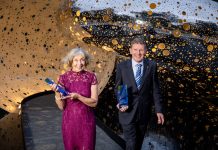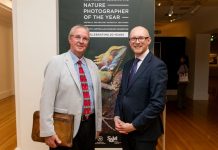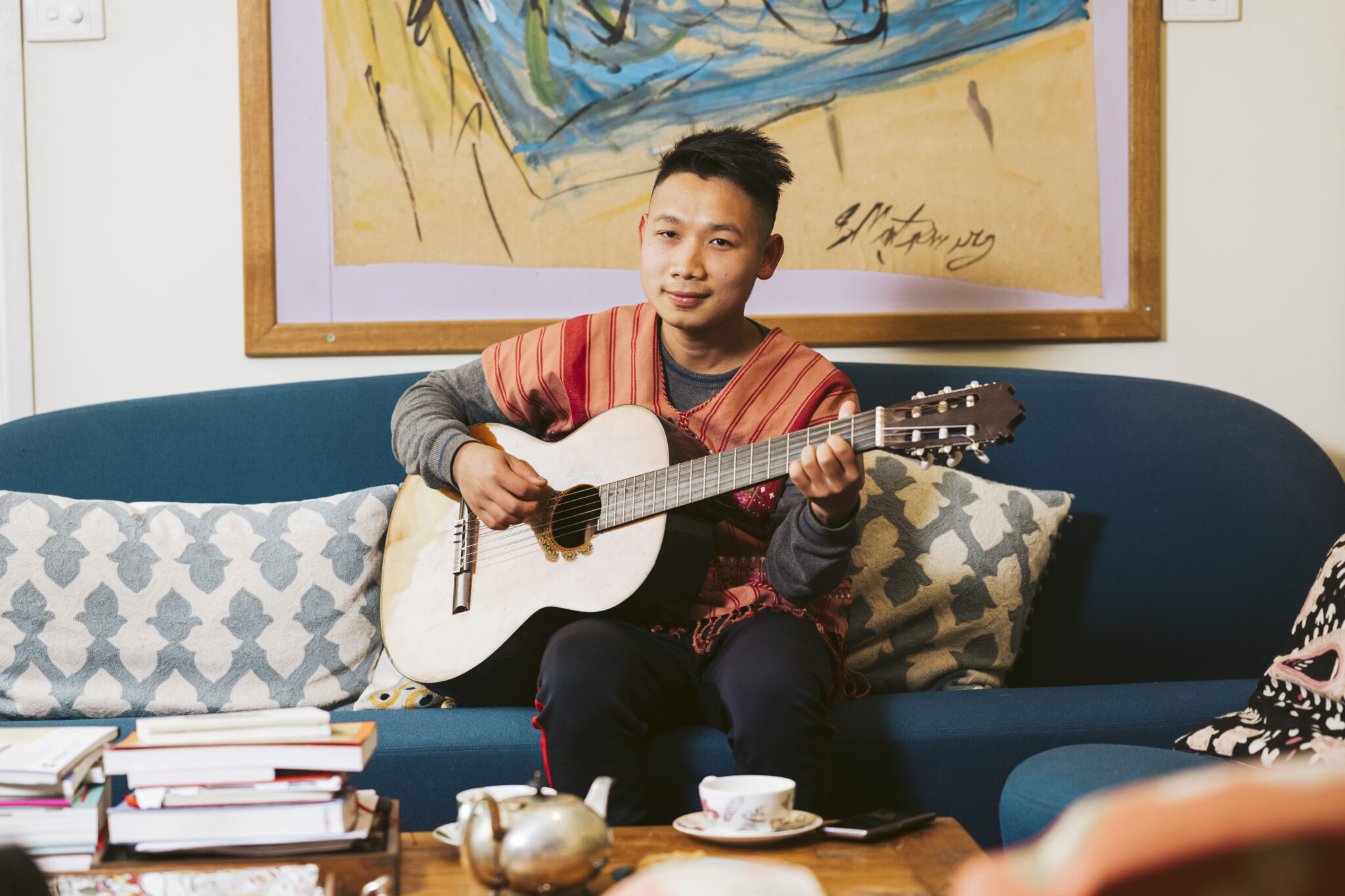
United Nations refugee Pah Bleh, who spent 15 years living at a refugee camp on the border of Thailand, is saving all his money and putting his future goals on hold for the sake of love.
The 22-year-old hopes that his savings will be a way to bring his girlfriend, who still lives in the refugee camp, to Australia.
The refugee camp is home to more than 50,000 people, and is the only life Pah Bleh knew until he turned 18.
In 2004, Pah Bleh’s mother fled from their home in Southeast Burma when their village was under threat.
His father died trying to save the village, and his mother carried the then three-year-old Pah Bleh on her shoulders, with his sister, until they crossed the border and reached safety at the refugee camp.
Since 1949, Karen nationalists have been fighting for an independent state. The Karen conflict is an armed conflict in the Kayin State, Myanmar, and has been described as one of the world’s longest running civil wars.
It is estimated that 500,000 refugees from different ethnic groups have been fleeing Myanmar (Burma), for several decades in search of protection from the ethnic conflict and violence.
Pah Bleh describes the refugee camp as a large village with a fence around it. Food and resources are supplied by the UNHCR, and everyone works together to build their own homes.
I would like to be the first Karen person to climb Mount Everest
When he was 11 years old, his mother became sick and passed away. Soon after, his sister fell pregnant, married, and gave birth; all in the camp.
Pah Bleh received no formal education in the camp, spending his free time playing with his friends, and watching movies of his idol, Jackie Chan, on a battery-operated movie projector.
“I remember when I was three years old I just played with my cousin every day,” Pah Bleh said.
In 2017, the family’s Australian visa was approved, and Pah Bleh had to say goodbye to his girlfriend, and the only life he knew.
A bittersweet new beginning
After arriving at Sydney airport, Pah Bleh, his sister, brother-in-law, and baby nephew were then transported to Canberra for a bittersweet new beginning.
The airline lost all of their luggage, and with no English skills, they struggled to receive help.
“On my first day in Australia I felt that I missed my home. My sister cried. But it was the first day, so I thought maybe it will get better next year,” Pah Bleh said.
The family was allocated a government flat in Dickson, and Pah Bleh started school at Dickson College where he was enrolled in the Secondary Introductory English Centre (SIEC).
With the support of his English teacher and bridging program coordinator Ros Phillips, he was able to excel, and since finishing school has already achieved many things.
He has made many friends, and also has connected with other Karen people living in Australia, through the Australia Karen Organisation.
Pah Bleh works full-time, has his driver’s and forklift licences, played soccer in the Nepali soccer tournament in Canberra, and has participated in the First Hike Project.
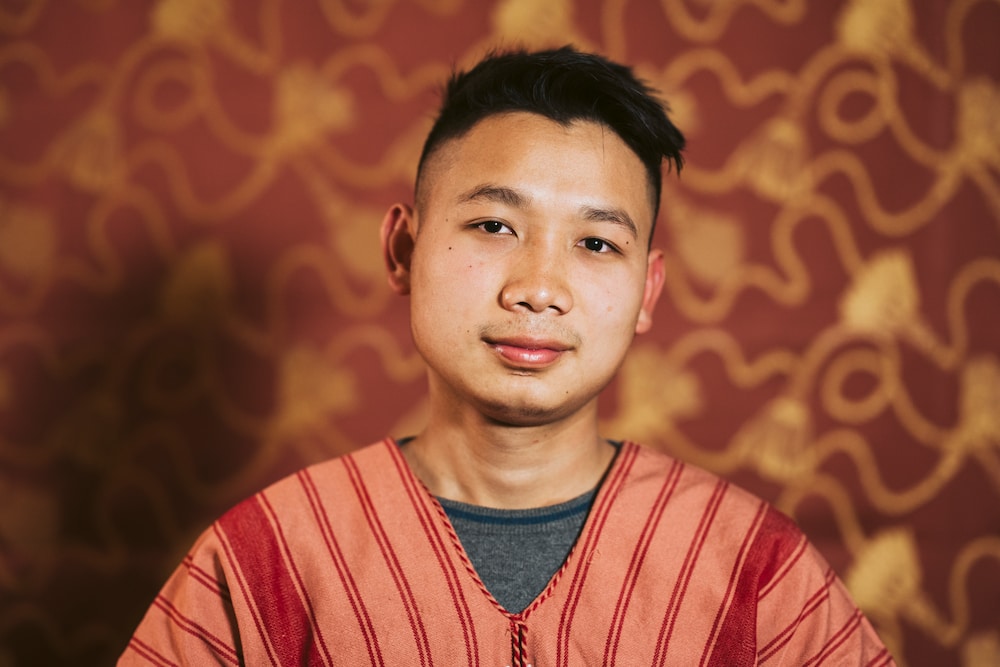
“I would like to be the first Karen person to climb Mount Everest,” he said.
Pah Bleh has become close friends with his mentor, Canberra woman Marilyn Higgins. The pair have spent hours together learning about each other’s cultures, while Marilyn has helped Pah Bleh further his English skills and career goals.
“Nothing stops Pah Bleh, he always puts his sights on the positive,” Marilyn said.
In February 2020, Pah Bleh went back to the refugee camp to visit his girlfriend and bought her a computer to help with her studies.
Marilyn was initially worried for Pah Bleh’s safety, and helped ensure that he would be safe on his travels back to the camp.
Pah Bleh hopes that one day, once his girlfriend is safe in Australia, he can study to become an architect.
“I would like to be an architect because in my country, Karen people don’t have their own country,” Pah Bleh said.
“One day if they have a country, I would like to help design houses so they have their own safe home; it’s one of my dreams.”
To donate or get involved with the UNHCR, visit unhcr.org/en-au/get-involved.html
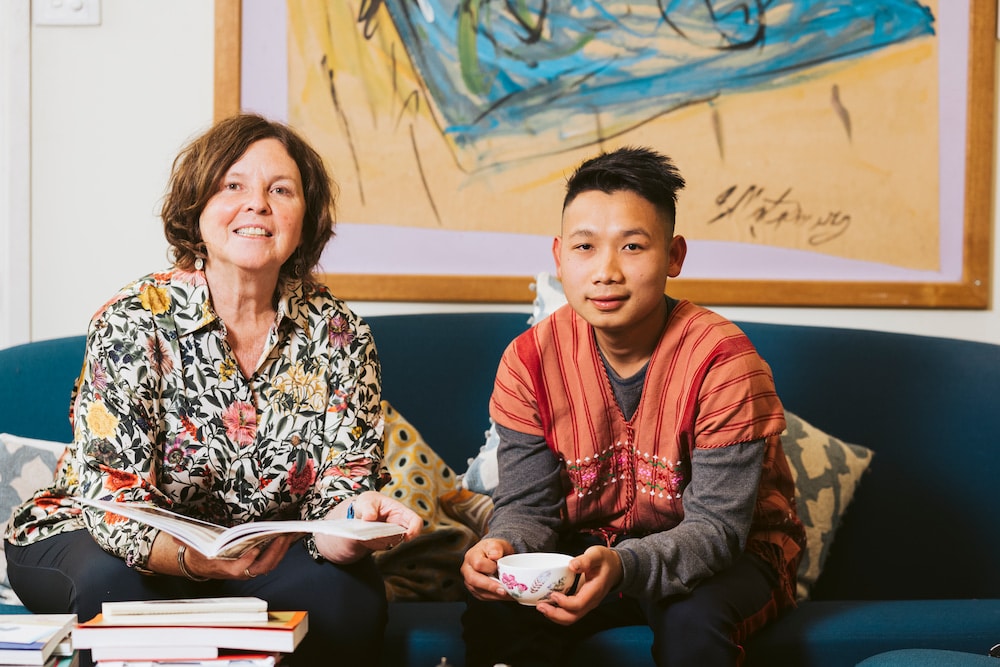
For more community:




